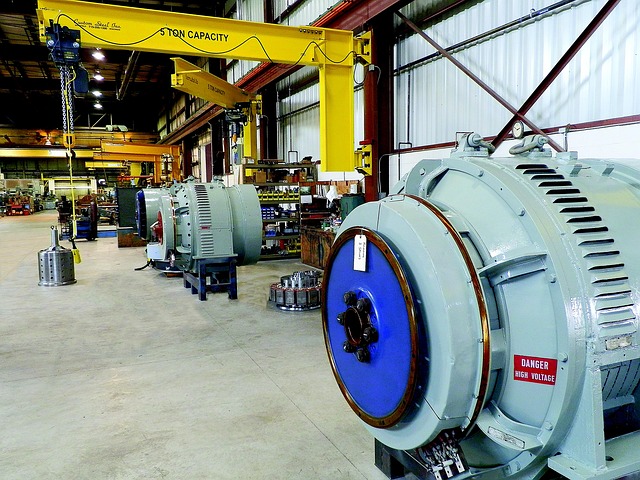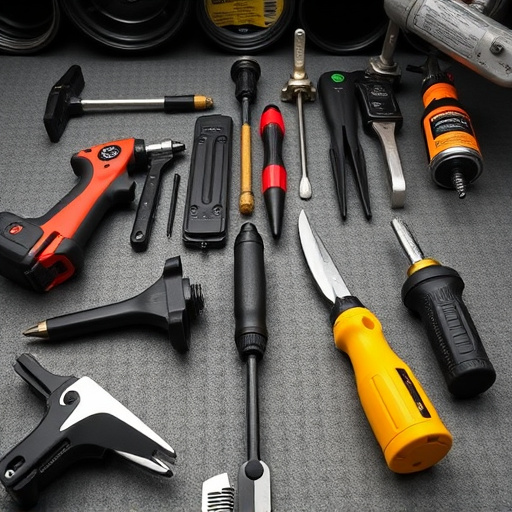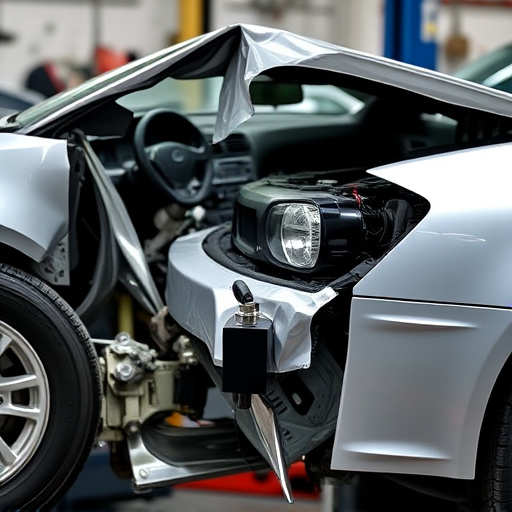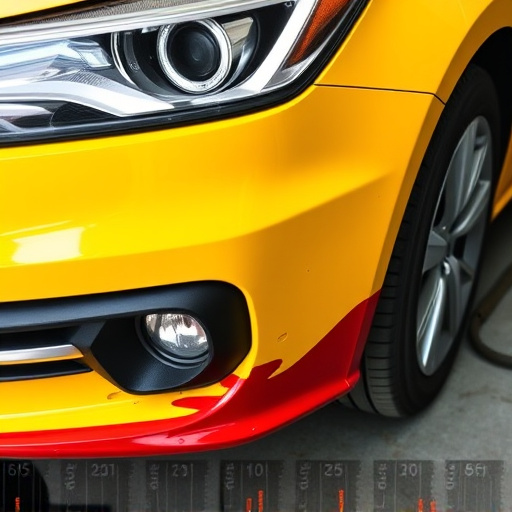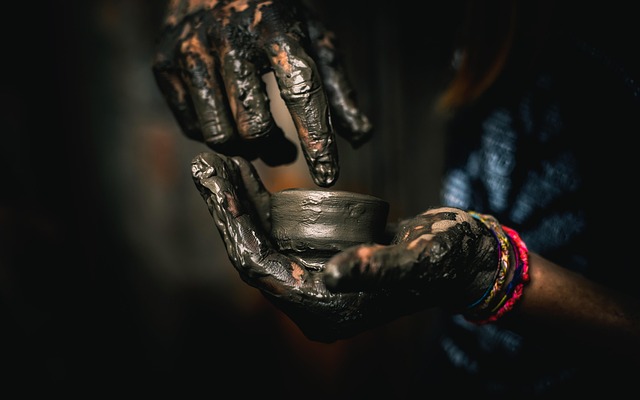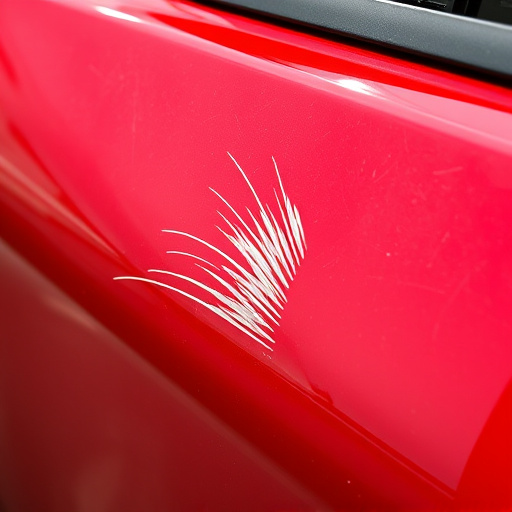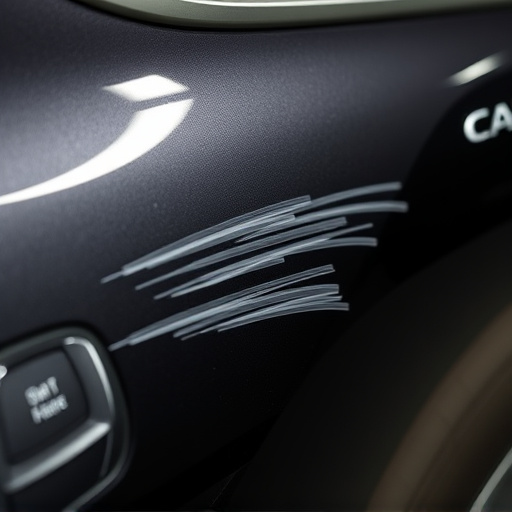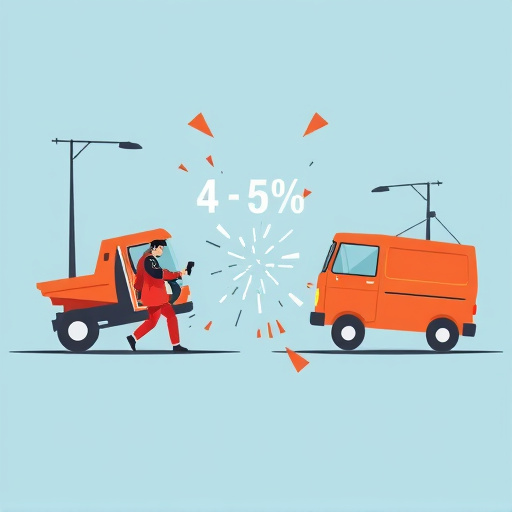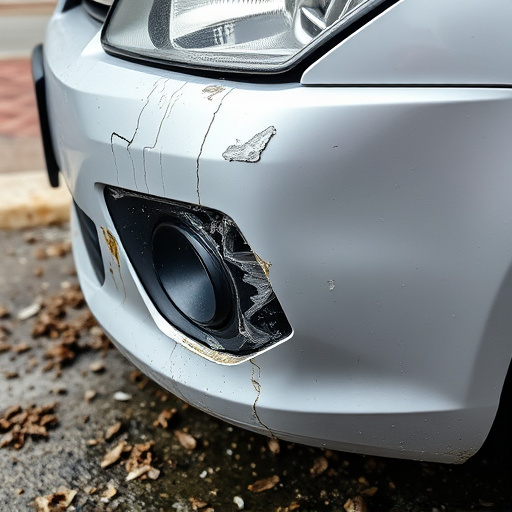Certified Collision Centers (CCC) are industry leaders in automotive collision repair, prioritizing safety, quality, and customer satisfaction through stringent standards, advanced equipment, and trained professionals. These centers ensure vehicles are restored to pre-accident condition with intact structural integrity by implementing key safety measures, comprehensive training programs, and rigorous Quality Assurance (QA) protocols throughout the repair process. This customer-centric approach guarantees not only visually appealing dent repairs but also seamless restoration of structural integrity, fostering trust and peace of mind for vehicle owners.
In today’s digital era, understanding the intricacies of certified collision centers is paramount for both vehicle owners and insurance providers. This article delves into the dual pillars of safety and quality assurance that define these specialized facilities. We explore the stringent standards set by certification bodies and dissect key safety measures implemented in modern collision repair facilities. Furthermore, we uncover the intricate processes that ensure customer satisfaction and maintain the integrity of vehicles after a collision.
- Understanding Certified Collision Centers and Their Standards
- Key Safety Measures in Modern Collision Repair Facilities
- Quality Assurance Processes: Ensuring Customer Satisfaction and Vehicle Integrity
Understanding Certified Collision Centers and Their Standards
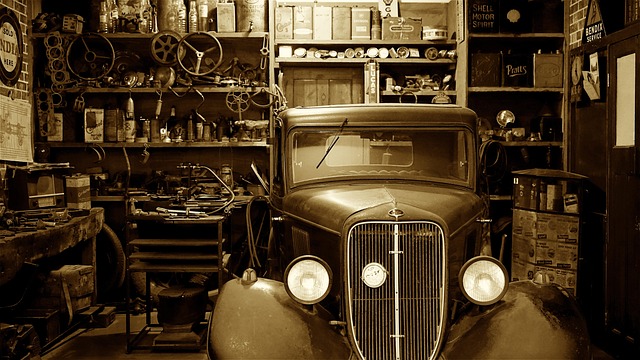
Certified Collision Centers (CCC) are specialized automotive facilities that have met stringent industry standards for safety and quality assurance in collision repair services. These centers play a crucial role in ensuring vehicles are restored to their pre-accident condition, maintaining structural integrity, and offering exceptional customer service. CCCs adhere to rigorous protocols, employing advanced equipment and trained professionals to deliver top-tier collision repair services, including vehicle dent repair and tire services.
The certification process involves thorough inspections, training programs, and ongoing audits to verify compliance with industry best practices. This ensures that the certified collision centers maintain high standards throughout every step of the repair process—from initial assessment and damage estimation to final inspection and customer handover. By prioritizing safety and quality, CCCs not only protect vehicle owners but also contribute to a more reliable and secure automotive ecosystem.
Key Safety Measures in Modern Collision Repair Facilities
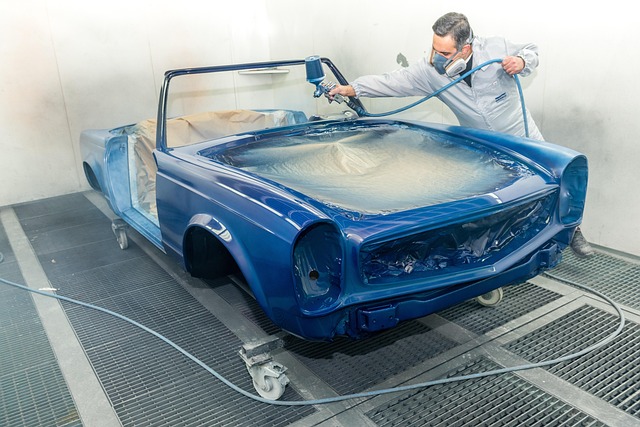
In modern certified collision centers, safety is paramount. These facilities employ advanced equipment and adhere to strict industry standards to ensure a secure environment for both staff and vehicles. Key safety measures include well-designed layouts with clear paths of travel, robust personal protective equipment (PPE), and state-of-the-art exhaust ventilation systems that remove harmful fumes and particulate matter during vehicle body repair processes.
Additionally, certified collision centers prioritize quality assurance through comprehensive training programs for their technicians. These programs cover the latest industry best practices, ensuring that every car collision repair is executed with precision and care. Regular inspections and adherence to environmental regulations further underscore the commitment to safety and quality in these centers, providing customers with peace of mind that their vehicles are in capable hands throughout the collision repair services process.
Quality Assurance Processes: Ensuring Customer Satisfaction and Vehicle Integrity

At certified collision centers, Quality Assurance (QA) processes play a pivotal role in ensuring customer satisfaction and vehicle integrity. These centers implement rigorous QA protocols to guarantee that every repair is performed with precision and adheres to the highest industry standards. From initial inspection to final handover, each stage of the collision repair services is meticulously evaluated to identify and rectify any deviations from the plan. This includes meticulous checks for both functional and aesthetic elements, ensuring not just a visually appealing car dent repair but also seamless restoration of the vehicle’s structural integrity.
The QA team at these centers comprises skilled technicians who employ advanced tools and technology to assess damage, determine repair methods, and monitor progress throughout the process. They work hand-in-hand with customers, providing regular updates and addressing any concerns or questions promptly. This customer-centric approach, coupled with stringent QA measures, fosters trust and ensures that every automotive body shop leaves its clients satisfied with the quality of their collision repair services.
Certified collision centers play a vital role in ensuring vehicle safety and customer satisfaction. By adhering to strict standards and implementing robust quality assurance processes, these facilities deliver top-notch repairs. Modern collision repair technologies and safety measures, combined with comprehensive training, empower certified centers to provide reliable outcomes, restoring both vehicle integrity and peace of mind for drivers.
